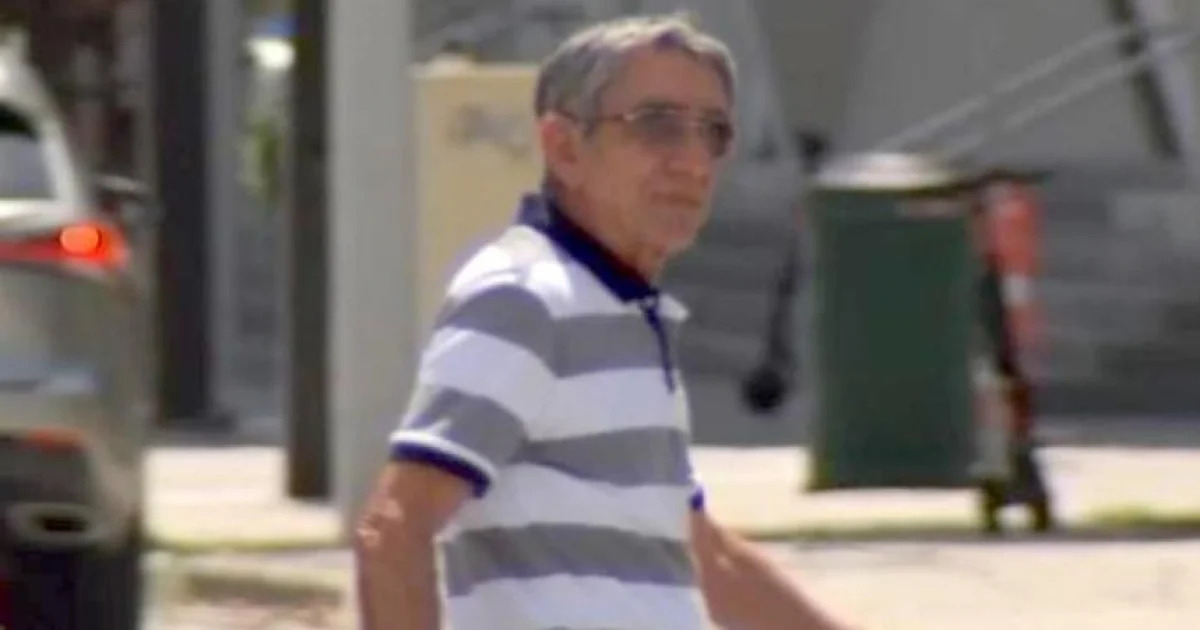The Cuban regime has refused entry to a former State Security agent deported from the United States and sent him back to Miami on the same flight he arrived in Havana. Saul Santos Ferro, aged 78, was among a group of 48 Cubans returned to Cuba last Tuesday. However, the Cuban government did not accept him, and he is now believed to be living freely in Miami.
Santos Ferro was convicted in 2019 and sentenced to six months in prison for lying to immigration authorities to obtain a permanent resident visa in the U.S., leading to his deportation order. Having served for decades as the head of State Security in San Cristóbal, Artemisa province, he obtained a visitor visa in Havana and traveled to the U.S. in 2012. The following year, he applied for permanent residency under the Cuban Adjustment Act, during which he falsified information about his associations with the regime by denying any involvement in police organizations, prisons, or detention centers.
Immigration attorney Santiago Alpízar reminded America TeVe that Santos Ferro is the first repressor identified by his victims in exile to be convicted in Miami for lying to U.S. immigration authorities about his past and deported to Cuba. "Here we still have someone among us who committed serious human rights violations in Cuba, was sanctioned by a federal court for lying on immigration applications and was ordered expelled from the country. However, that sentence has yet to be executed," Alpízar questioned.
Alpízar is the vice president of the organizations Cubademanda and Cuba Represión ID, which reported the ex-officer to the FBI after several of his victims recognized him years ago at a Miami market. Thanks to this, Santos Ferro was arrested in February 2019. Months later, he was tried and convicted by a judge in the Southern District of Florida, receiving a six-month prison sentence, two years of probation, and a restitution of over $12,000.
By then, he had already pleaded guilty in a Miami federal court and admitted to being a former military officer in Cuba, though he clarified that he was retired and self-employed when he traveled to the U.S. Following the sentencing, one of his victims, a Miami resident, recounted to America TeVe the torture and mistreatment he suffered at the hands of Santos Ferro while imprisoned in Cuba.
"I was imprisoned for 10 years because I was accused of illicit association, enemy propaganda, and they wanted to charge me with sabotage, but they couldn't," said Martin Izaguirre Garcia. "Inside the prison, we faced repression from the guards because State Security orders you to be harassed. I don't like to kick someone when they're down, I know what it's like to be imprisoned, but he was one of the causes. He did me a lot of harm, ordered people to do things to me, and tormented my family. Everything that happened was a crime against me," he denounced.
Key Questions on the Cuban Government's Rejection of Deportation
Here are some frequently asked questions about the rejection of former State Security agent Saul Santos Ferro by the Cuban government and his subsequent return to Miami.
Why did the Cuban government refuse to accept Saul Santos Ferro?
The Cuban government did not provide a specific reason for refusing to accept Saul Santos Ferro, but he was sent back to Miami on the same flight he arrived in Havana.
What crimes was Saul Santos Ferro convicted of in the United States?
Saul Santos Ferro was convicted of lying to U.S. immigration authorities in order to obtain a permanent resident visa. He was sentenced to six months in prison, two years of probation, and over $12,000 in restitution.
What role did Santos Ferro play in Cuba's State Security?
Saul Santos Ferro served for decades as the head of State Security in San Cristóbal, Artemisa province, where he was involved in significant human rights violations according to his victims.
How did the victims of Santos Ferro react to his deportation?
The victims of Santos Ferro, who identified him in Miami, recounted their experiences of torture and mistreatment at his hands while imprisoned in Cuba. They expressed relief that he was convicted but remain critical that his deportation order has not been executed.
